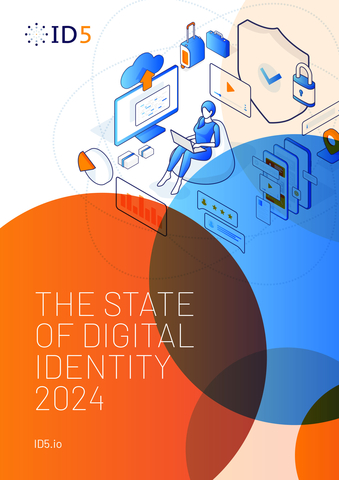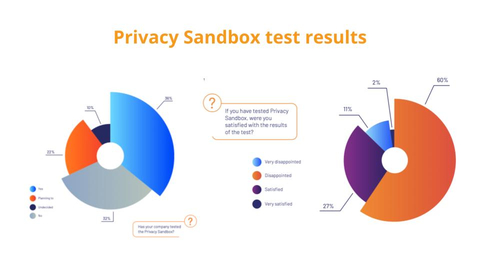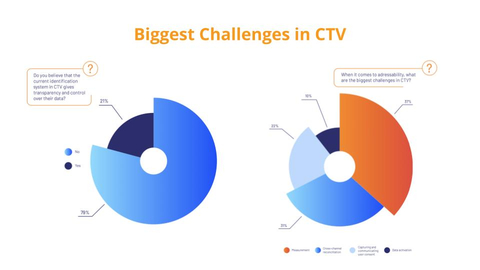LONDON--(BUSINESS WIRE)--ID5, the market-leading identity provider for digital advertising, today released its 2024 State of Digital Identity Report, which provides a comprehensive analysis of how the industry is responding to Google’s proposed cookie u-turn, progressing with the adoption of identity resolution technology, and tackling identity challenges across other channels. The report provides a holistic snapshot of the advertising industry, with 202 respondents from around the world and across the industry with advertisers, publishers, and ad tech platforms sharing their thoughts.
This year’s report looks closely at how the industry has responded to Google’s July 2024 announcement that it would not remove third-party cookies but allow users to opt-out. ID5’s survey launch incidentally coincided with Google’s announcement allowing the identity provider to gather first-hand insights into how the industry perceives this shift and how different players in the ad tech ecosystem plan to move forward. According to the 2024 State of Digital Identity survey results, most respondents believe that Google’s decision to reverse its plans was due to poor Privacy Sandbox results and the ongoing investigation by the CMA.
Whatever the reason behind Google’s change in plans, 75% of respondents stated that Google’s shift won’t derail their transition from cookies. This shouldn’t be too surprising as 76% of respondents have already adopted a cookieless alternative with a further 15% planning on adopting a solution.
Of all the alternative solutions available, universal IDs proved to be the most favored with 85% of respondents saying they deploy them to address cookieless traffic. This begs the question of who is responsible for leading the transition from cookies? It appears that ad tech platforms are in the hot seat, with 60% of brands believing it is tech partners’ responsibility to solve identity challenges. Fortunately, 80% of brand respondents believe their tech partners are prepared or are making steps in the right direction to best support their addressability needs.
“The past four years have given the industry the runway it needs to let go of obsolete signals such as third-party cookies,” said Mathieu Roche, CEO and Co-Founder of ID5, “What we found in 2024 is that the industry is ready to take the jump, ending the cookieless saga on its own terms and that it’s primed to expand the addressability lessons learned from the web to other channels like CTV, audio, mobile, and gaming.”
The survey also found that the advertising industry is shifting its sights towards other channels such as CTV, audio, mobile, and gaming. When asked which channel other than the web needs the most support on the addressability front, 53% of respondents identified CTV as the top priority with mobile following at 26%. In the 2023 edition of the report, 66% of respondents believed that CTV environments did not give users transparency or control over their data. In 2024 this percentage increased to almost 80% of respondents.
“The rapid growth in the advanced TV space in 2024 shined a light on the challenges the industry currently faces when it comes to monetizing CTV inventory,” said Morwenna Beales, VP of Publisher Development at ID5, “Survey respondents identified measurement, consent capture, and cross-device reconciliation as the greatest obstacles they face, highlighting the urgent need for a privacy-oriented addressability framework.”
The 2024 State of Digital Identity report shows that the advertising ecosystem has demonstrated remarkable resilience and adaptability in the face of disruption, taking proactive steps to shape its own future.









